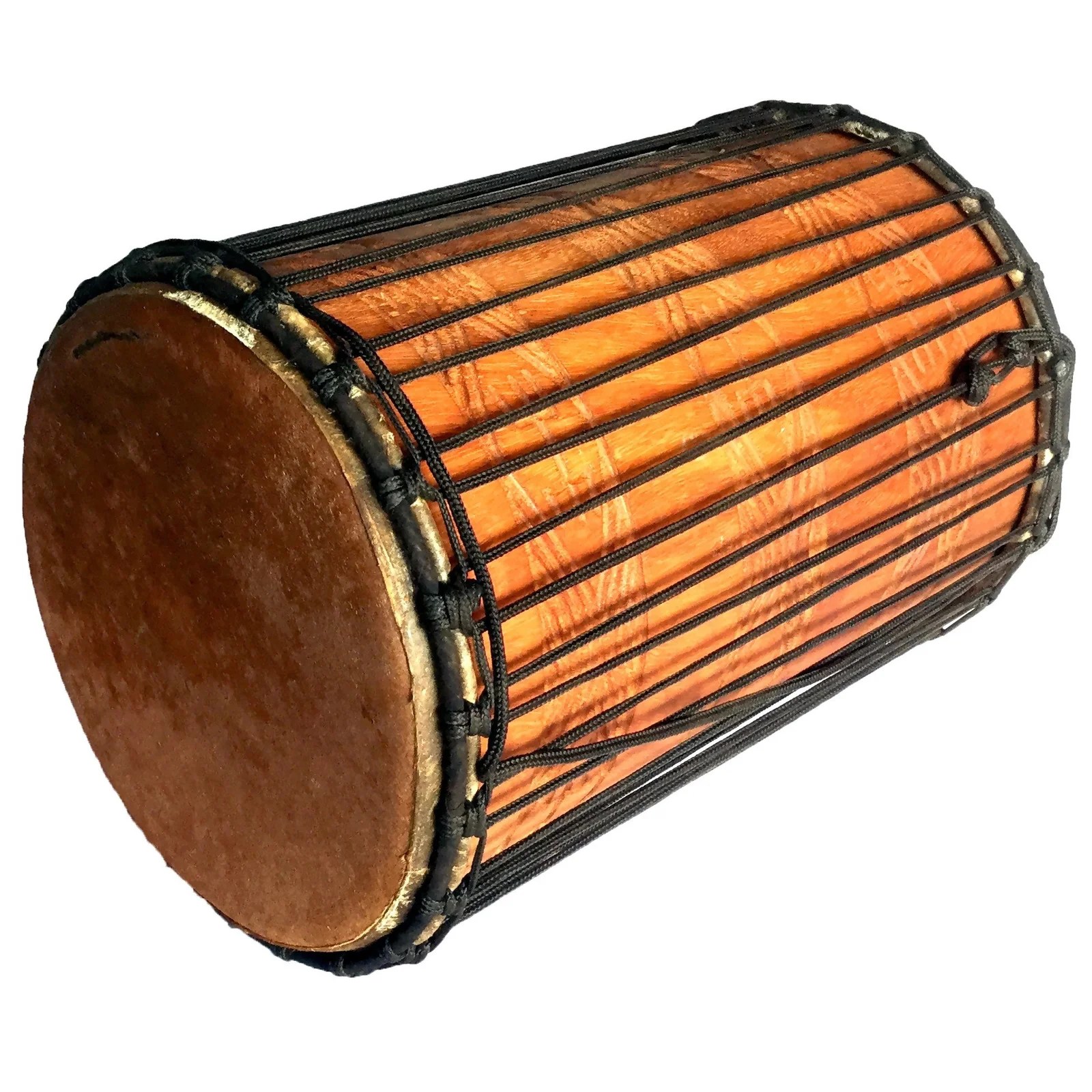Nigerian Musical Instruments: A Symphony Of Culture And Tradition
Nigerian musical instruments are a vibrant reflection of the country's rich cultural heritage and diversity. With over 250 ethnic groups, each possessing its own unique musical traditions, Nigeria is a veritable treasure trove of sounds, rhythms, and harmonies. These instruments not only serve as tools for entertainment but also play a pivotal role in social and religious ceremonies, storytelling, and cultural preservation. From the bustling streets of Lagos to the serene villages of the North, the sounds of Nigeria resonate with the spirit of its people.
As we delve deeper into the world of Nigerian musical instruments, we discover an array of fascinating and intricate creations that have been passed down through generations. The craftsmanship involved in making these instruments is as diverse as the cultures they represent, with each instrument telling a story of its own. Whether it’s the rhythmic beats of the talking drum or the melodious tunes from the flute, Nigerian music is an art that captivates both the heart and the mind.
In this article, we will explore the various types of Nigerian musical instruments, their significance in different cultural contexts, and how they have evolved over time. By understanding these instruments, we can appreciate the role they play in not just music, but in the very fabric of Nigerian society.
What Are Some Traditional Nigerian Musical Instruments?
Traditional Nigerian musical instruments come in various forms, each with its unique sound and cultural background. Some of the most prominent instruments include:
- Talking Drum (Dundun): An hourglass-shaped drum that can mimic human speech.
- Shekere: A percussion instrument made from a gourd, covered with a net of beads.
- Udu: A clay pot drum that produces deep bass sounds.
- Flute (Flauta): A woodwind instrument that produces melodious tunes.
- Agogo: A bell-like instrument that provides rhythmic accents.
How Do Nigerian Musical Instruments Contribute to Cultural Identity?
Nigerian musical instruments are not just tools for making music; they are integral to cultural identity and expression. Each ethnic group has its distinctive instruments and musical styles that reflect its historical and social contexts. For example, the Yoruba people use the talking drum in their traditional ceremonies, while the Igbo people often incorporate the udu in their music.
What Role Do Instruments Play in Nigerian Festivals?
Festivals in Nigeria are often vibrant showcases of music, dance, and traditional rituals, where musical instruments play a central role. They help to set the tone for celebrations, convey cultural stories, and foster community spirit. Instruments such as the shekere and talking drum are often employed during these festivities to engage participants and energize the atmosphere.
Can Nigerian Musical Instruments Be Found in Modern Music?
Yes, Nigerian musical instruments have found their way into modern music genres, including Afrobeat, hip-hop, and highlife. Artists like Fela Kuti have famously integrated traditional instruments into contemporary music, creating a fusion that resonates with both local and global audiences. This blending of sounds has not only revived interest in indigenous instruments but has also helped to promote Nigerian culture on the world stage.
Who Are the Masters of Nigerian Musical Instruments?
Several musicians have gained recognition for their mastery of traditional Nigerian instruments. One notable figure is Sunny Ade, a renowned juju musician who has played a significant role in popularizing the use of traditional instruments in modern music.
| Name | Genre | Instruments Played | Birth Year |
|---|---|---|---|
| Sunny Ade | Juju | Talking Drum, Guitar, Shekere | 1946 |
What Are the Challenges Facing Traditional Nigerian Instruments?
Despite their rich heritage, traditional Nigerian instruments face various challenges. The rise of modern music and technology has led to a decline in the use of traditional instruments, particularly among younger generations. Additionally, the preservation of craftsmanship and skills required to make these instruments is at risk of fading away.
How Can We Promote the Use of Nigerian Musical Instruments?
To promote the use of Nigerian musical instruments, several initiatives can be implemented:
- Education: Incorporating traditional music and instruments into school curriculums.
- Workshops: Hosting community workshops to teach people how to play traditional instruments.
- Collaboration: Encouraging modern artists to incorporate traditional instruments into their music.
- Festivals: Organizing music festivals that celebrate traditional music and instruments.
What Is the Future of Nigerian Musical Instruments?
The future of Nigerian musical instruments holds promise as the global interest in African music continues to grow. With increasing recognition of the cultural significance of these instruments, there is potential for revival and innovation. As artists blend traditional sounds with contemporary genres, the rich tapestry of Nigerian music is likely to evolve, ensuring that these instruments remain relevant for generations to come.
In conclusion, Nigerian musical instruments are not just tools for creating sound; they are vital components of the country's cultural identity and heritage. By appreciating and promoting these instruments, we can help preserve the rich musical traditions of Nigeria while fostering a deeper understanding of its diverse cultures.
Unveiling The Life Of Garrett Clark's Sister: A Journey Beyond The Spotlight
Discovering The Unique Charm Of Pineapplebrat Butt
Kabande Laija: The Rising Star Of The Music Industry


